
Travelers warned: This one type of suitcase is more likely to go missing than other bags.
Expert Jamie Frazer said that you should avoid this one thing to keep your luggage safe
Although we may think we know a lot about the human body, there are always things that pop up which most of us, without medical training, struggle to understand.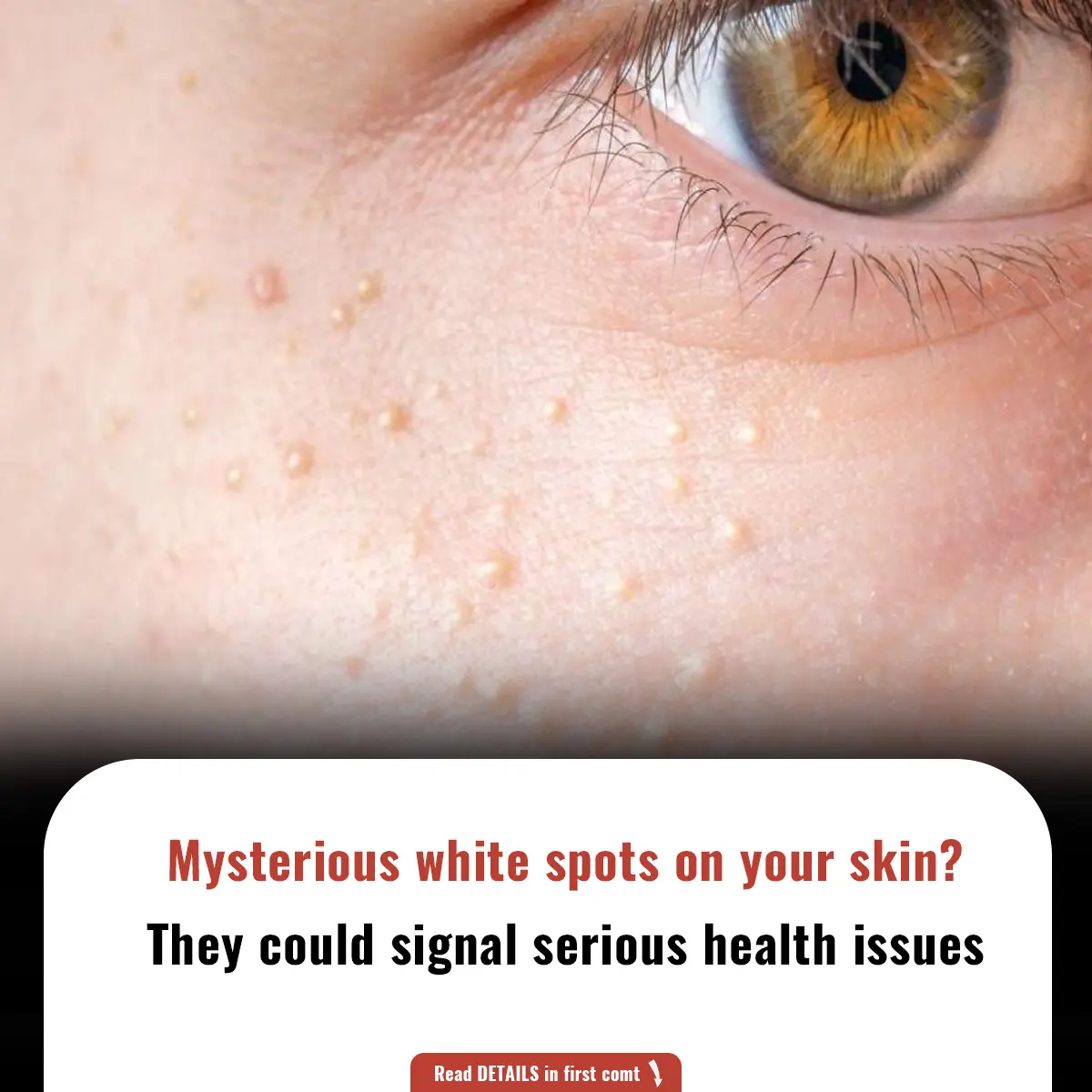
With the anxiety surrounding serious conditions like cancer and the often unusual symptoms they present, it's easy to panic when something unfamiliar shows up on your body. Whether it’s a rash, an unusual spot, or something that seems out of place, it’s always a good idea to get checked if you're unsure.
One common occurrence is the appearance of small white spots, which many people may overlook or dismiss as nothing more than regular blemishes.
These little white spots actually have a name – they're called calcium deposits, or calcifications if you want to sound more technical. They happen when calcium, a mineral mostly found in our bones and teeth (as anyone who’s enjoyed a Petit Filous yogurt can attest), accumulates in the body.
Though about 99% of the body's calcium is stored in the bones and teeth, some calcium is found in the bloodstream. When it travels to different organs, tissues, or blood vessels, it can cause issues.
Calcium deposits can appear all over the body, most often on the skin and teeth. However, they can also be found on the shoulders, breasts, arteries, brain, and kidneys. Several factors can lead to these deposits, and surprisingly, a high-calcium diet isn't typically one of them. Infections, previous surgeries, cancer treatments, and even the natural aging process can contribute to calcium buildup. Disorders related to calcium metabolism or autoimmune diseases can also cause these deposits.
While some calcium deposits are harmless, those that form in the brain or heart can lead to serious complications. If they appear on the skin, you likely won't experience symptoms beyond mild discomfort, such as pain or itching. However, deposits in the brain can cause significant problems like trouble walking, tremors, and even cognitive issues like dementia and memory loss.
Treatment for calcium deposits depends largely on where they are located. If they’re simply on the skin and cause no pain or discomfort, you may not need any treatment at all. However, if they appear on areas like your shoulders, doctors may recommend the use of steroids to reduce inflammation. If found on the breasts, a mammogram may be suggested, as calcium deposits in this area could be linked to breast cancer.
For deposits found on the kidneys or arteries, your doctor may suggest dietary changes. Unfortunately, if they form in the brain, there isn't much that can be done to remove them, though treatment may focus on managing symptoms.

Expert Jamie Frazer said that you should avoid this one thing to keep your luggage safe

It's very convenient, but questions have been raised on security with charging at airports

Having used the air conditioner for a long time, not all users know the tips or the correct ways to use it.
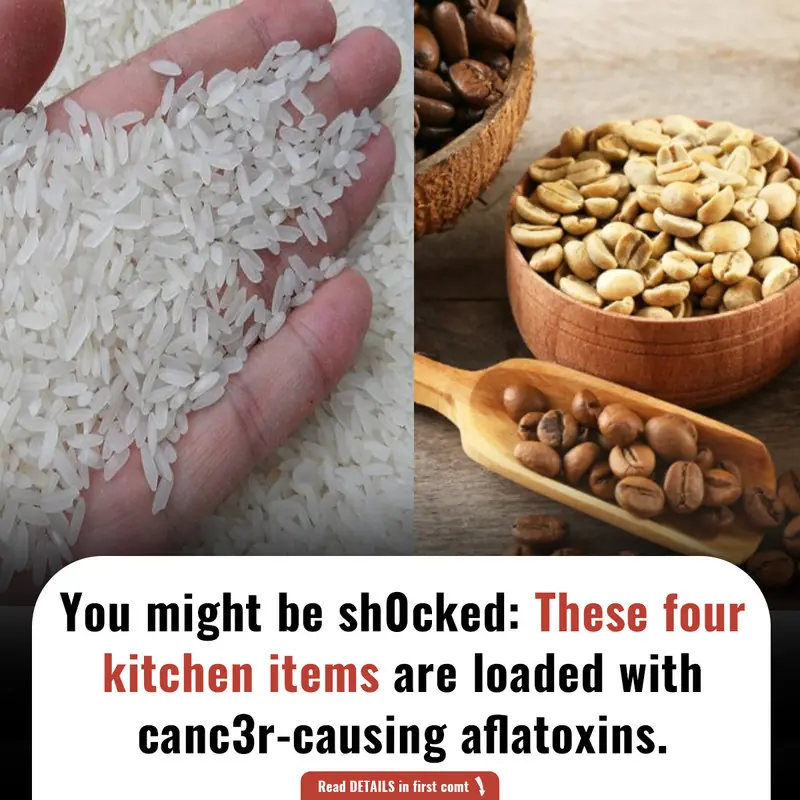
Aflatoxin, a carcinogenic substance, lurks in the kitchens of many families, but not everyone knows about it.

Many people, when talking about pork, usually only think of belly meat, ribs, and bone marrow... In fact, the pig has three parts that are both delicious and nutritious, which many people do not know to buy.

The feet are likened to the second heart of the body, so when you encounter some health issues, the feet will be one of the places that send warning signals.

Sudden Heavy Drinking in Your 30s Could Be an Early Sign of Dementia, Expert Warns

Laura Davies, from Wales, says she would have 'never known' without the photo
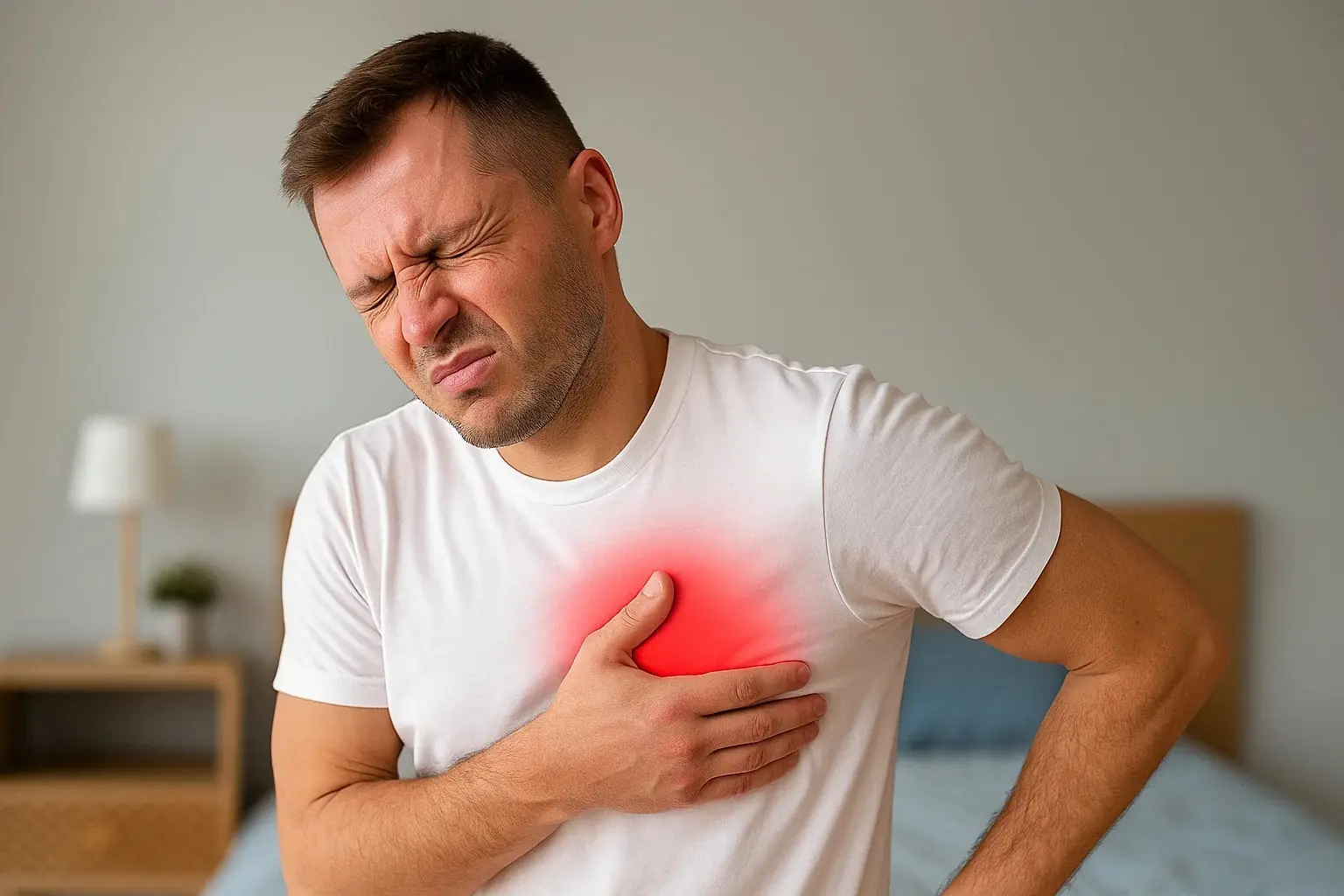
A stroke is a serious medical emergency. Leading a healthy lifestyle, including paying attention to what you do at night, can help reduce your risk.
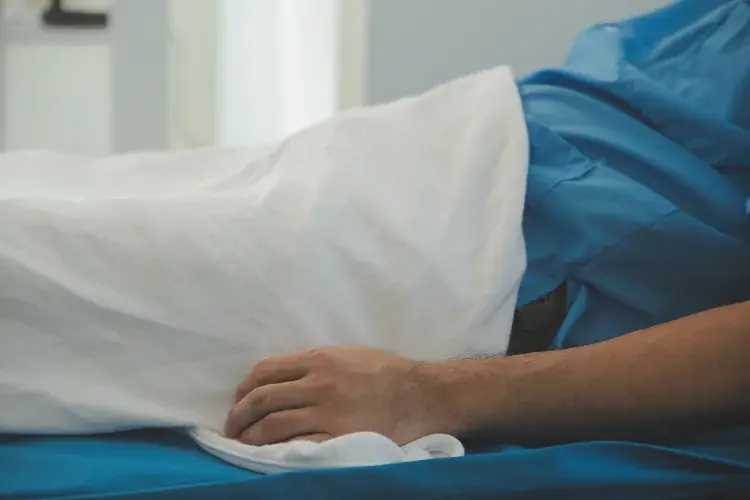
Discover the sh0cking health r!sks of v@ping through the real-life story of a 24-year-old man who suffered a heart att@ck and permanent lung dam@ge. Learn why quitting v@ping is cr:u:cial for your health.
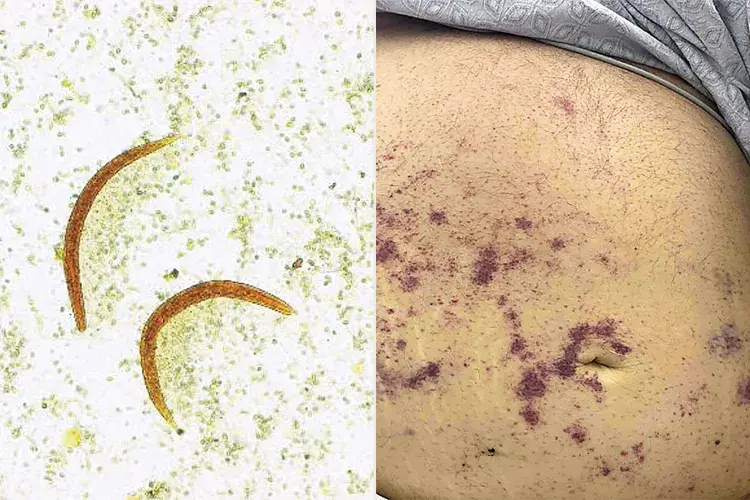
Two men in the U.S. contracted a parasitic infection after receiving kidneys from the same donor. Learn about this rare case, symptoms, diagnosis, and the importance of donor screening.

A recent study finds that eating processed meats like hot dogs increases the r!sk of chronic dise@ses, including type 2 diabetes, heart dise@se, and colorectal canc3r. Learn more about the health impacts.
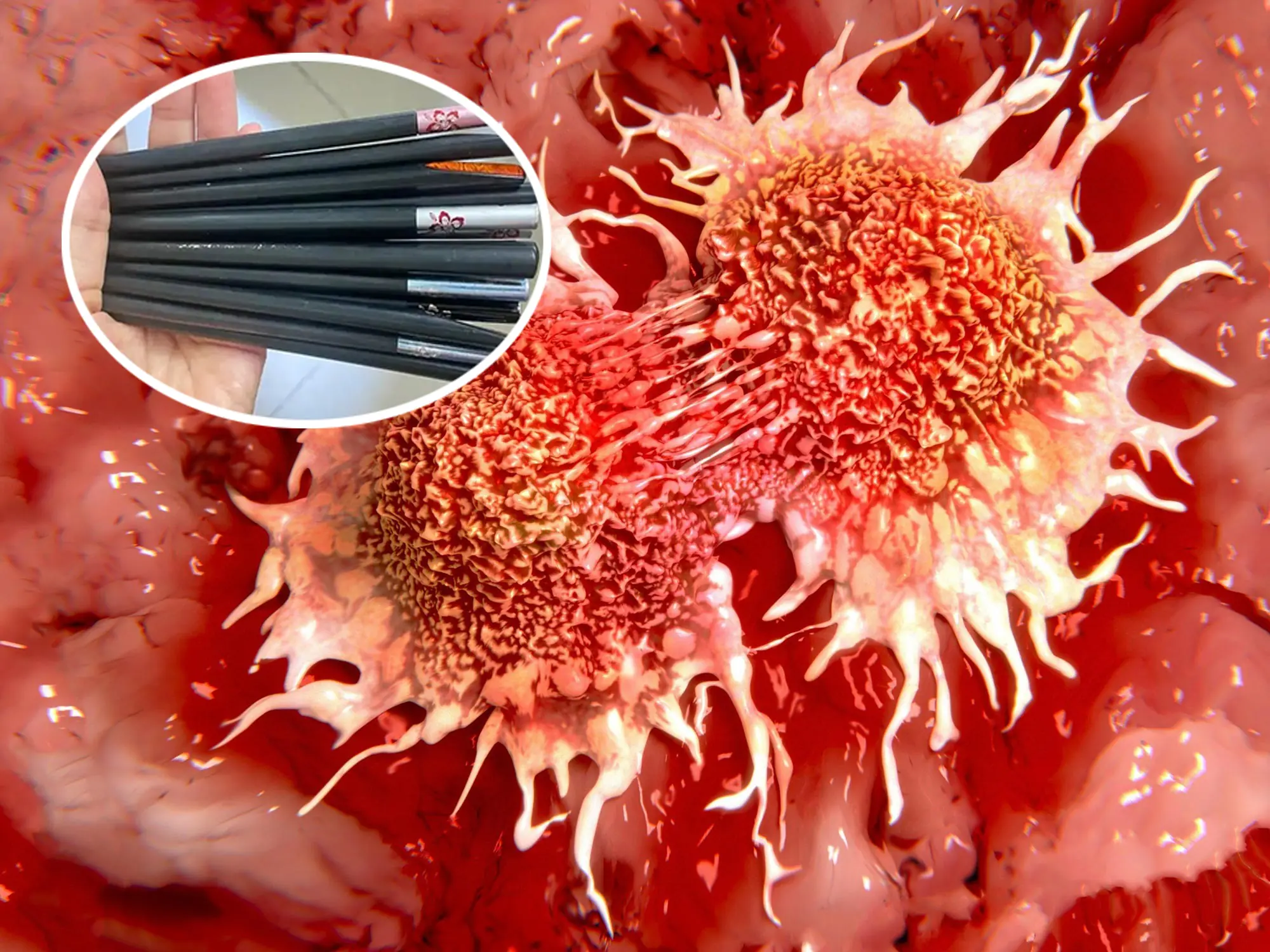
There are many common household items that contain toxic chemicals that can harm your body and your family, even causing cancer.
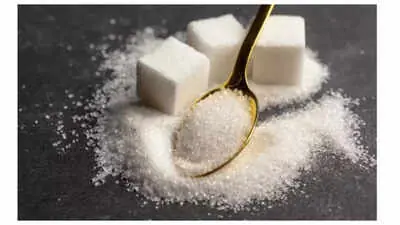
Discover the incredible benefits of quitting sugar, from sharper brain function to weight loss, improved gut health, and glowing skin. Learn how cutting sugar can transform your health.

Learn how eating just a cup and a half of specific vegetables daily can prevent arterial blockage and improve heart health, according to recent studies. Discover the vegetables that can protect your heart from disease.


A transgender woman who has gotten so much lip filler she now has breathing problems and can't close her mouth has insisted that she's far from done.
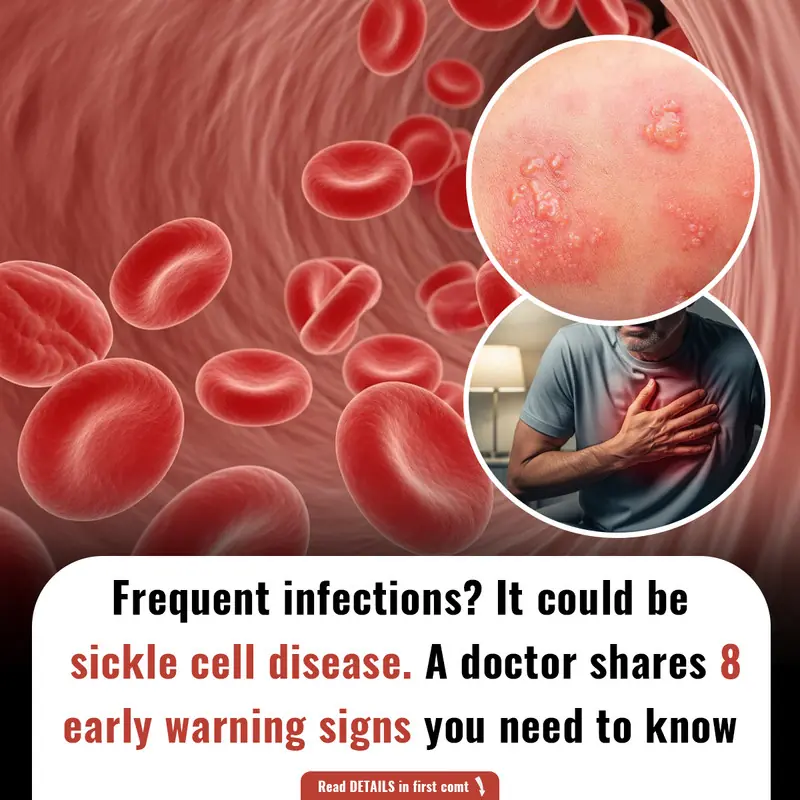
From jaundice to swelling in hands, know the early signs of sickle cell disease. The doctor also shared when to seek medical intervention.

Although used daily, many people do not know what the bumps on the rice paddle in the rice cooker are for.

Check the mirror in the hotel room to detect if you are being watched.

Expert Jamie Frazer said that you should avoid this one thing to keep your luggage safe

It's very convenient, but questions have been raised on security with charging at airports

Having used the air conditioner for a long time, not all users know the tips or the correct ways to use it.

Aflatoxin, a carcinogenic substance, lurks in the kitchens of many families, but not everyone knows about it.

Many people, when talking about pork, usually only think of belly meat, ribs, and bone marrow... In fact, the pig has three parts that are both delicious and nutritious, which many people do not know to buy.

The feet are likened to the second heart of the body, so when you encounter some health issues, the feet will be one of the places that send warning signals.

Sudden Heavy Drinking in Your 30s Could Be an Early Sign of Dementia, Expert Warns

Laura Davies, from Wales, says she would have 'never known' without the photo

These DIY recipes for a black serum and a hair mask are both simple to make and effective in addressing common hair concerns like hair loss, dandruff, and dryness.

This DIY flaxseed beetroot gel is a simple yet effective remedy that hydrates, firms, and smooths the skin.

Rice water has long been celebrated in Asian beauty traditions for its remarkable ability to improve skin texture, brighten the complexion, and reduce the signs of aging
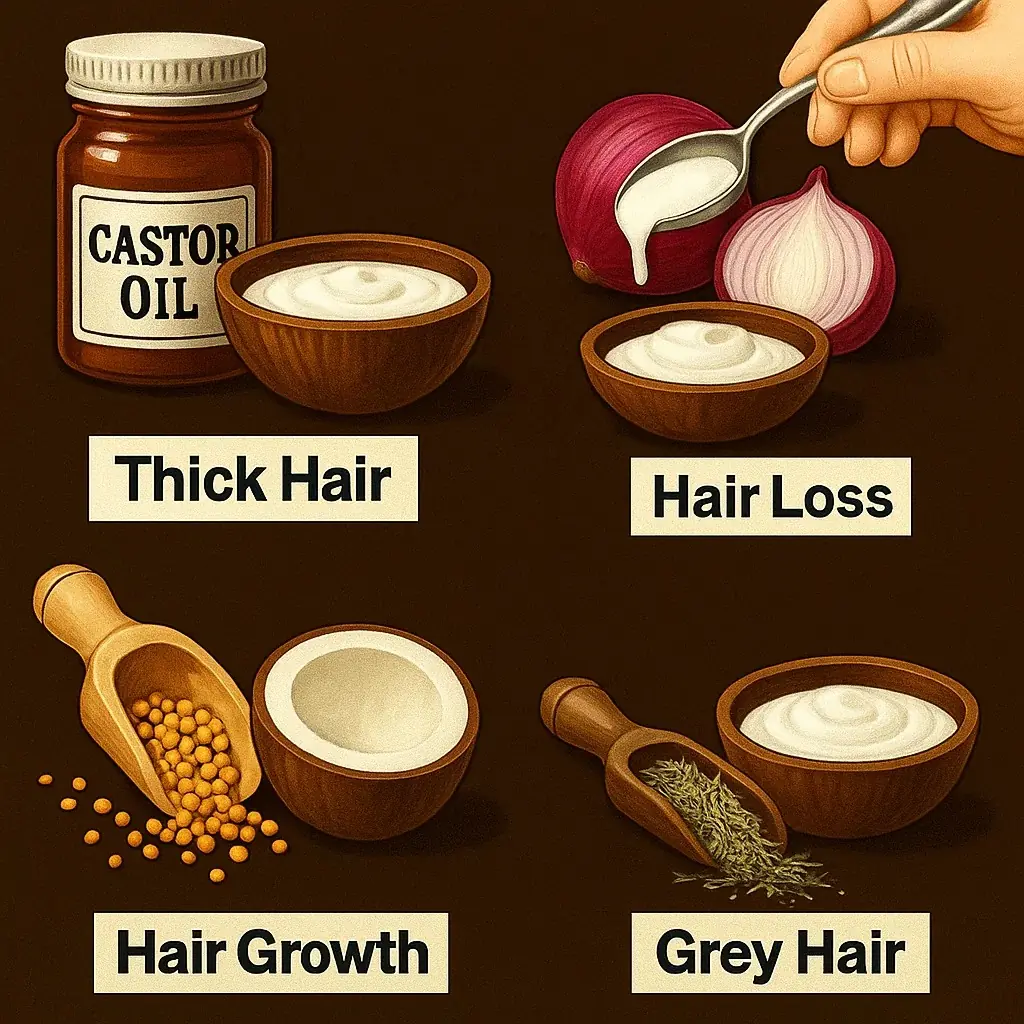
By combining it with other natural ingredients like castor oil, aloe vera, and fenugreek, you can create customized treatments tailored to your specific hair concerns.
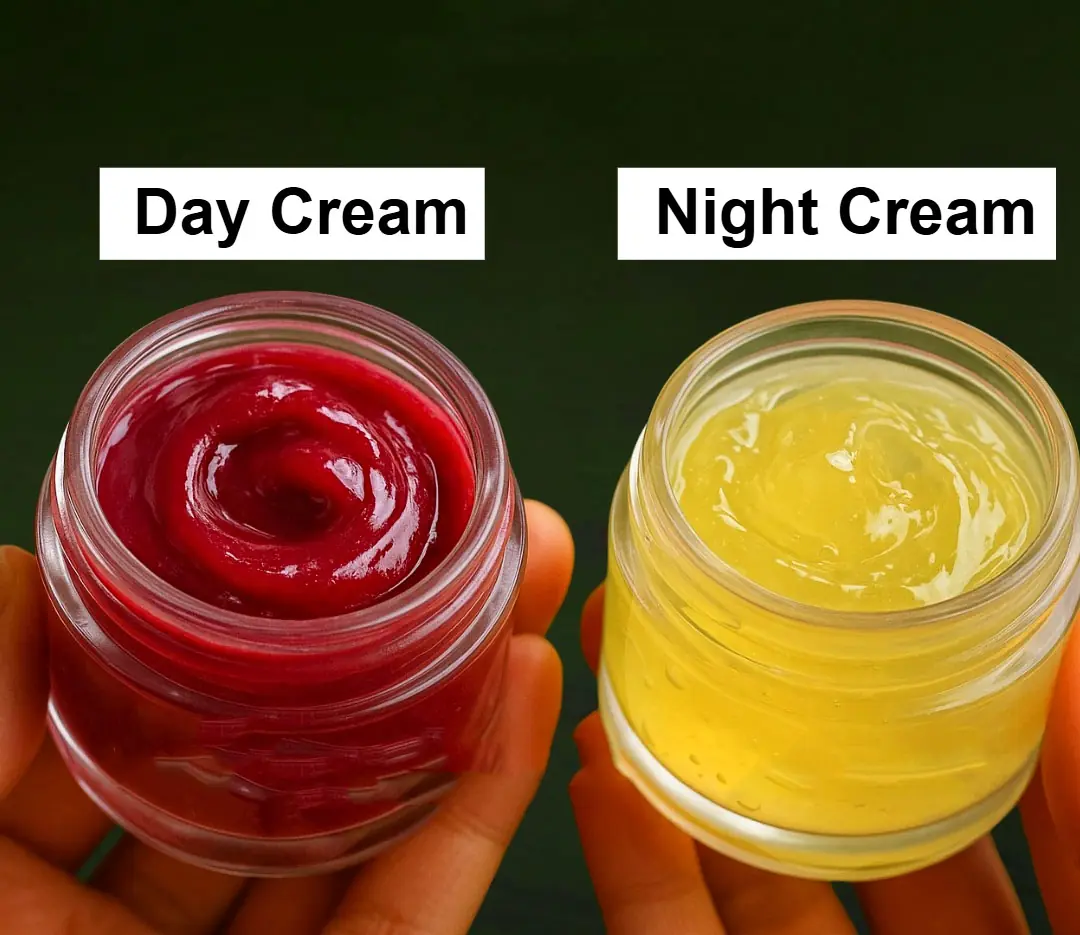
These 15 natural skin gels are packed with nutrients, antioxidants, and healing properties that can rejuvenate your skin, leaving it smoother, brighter, and youthful.
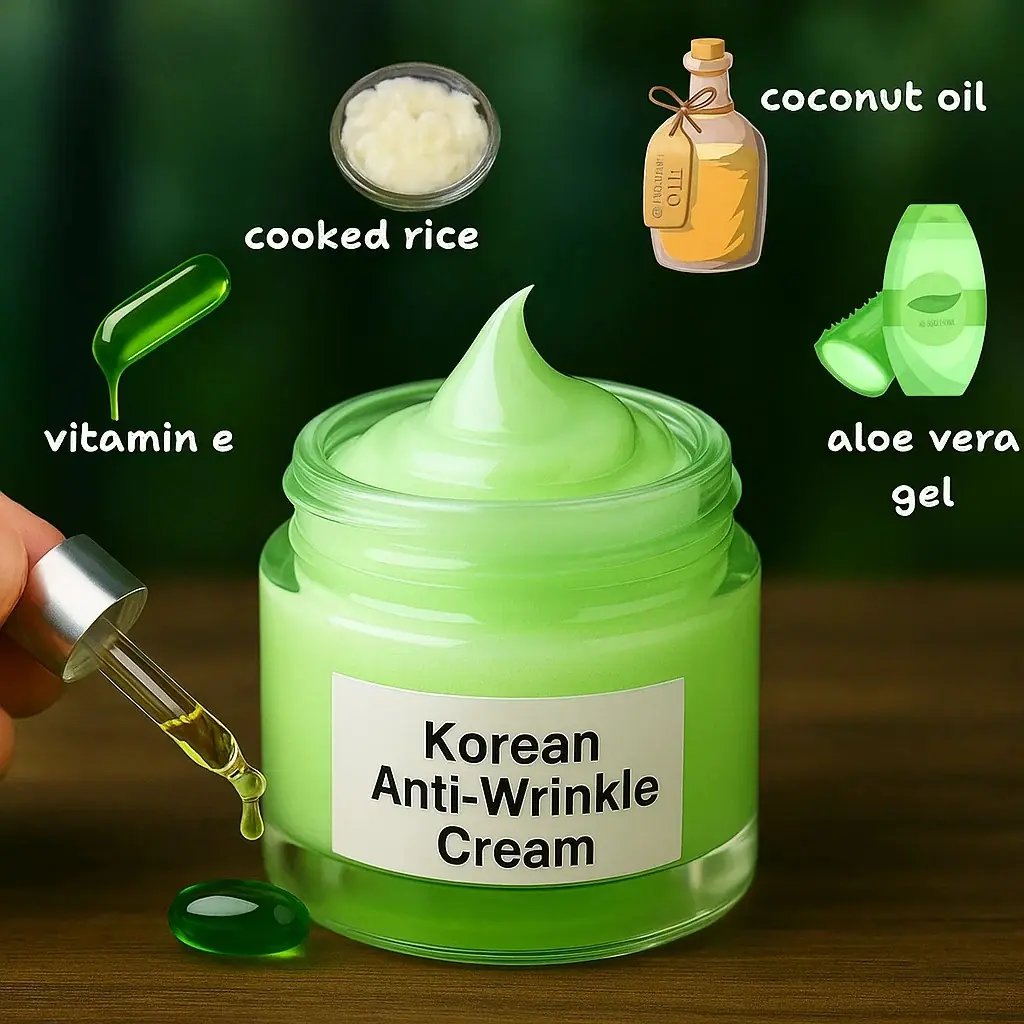
The Korean Rice Cream is a simple, effective, and natural remedy that works wonders in combating these signs of aging.
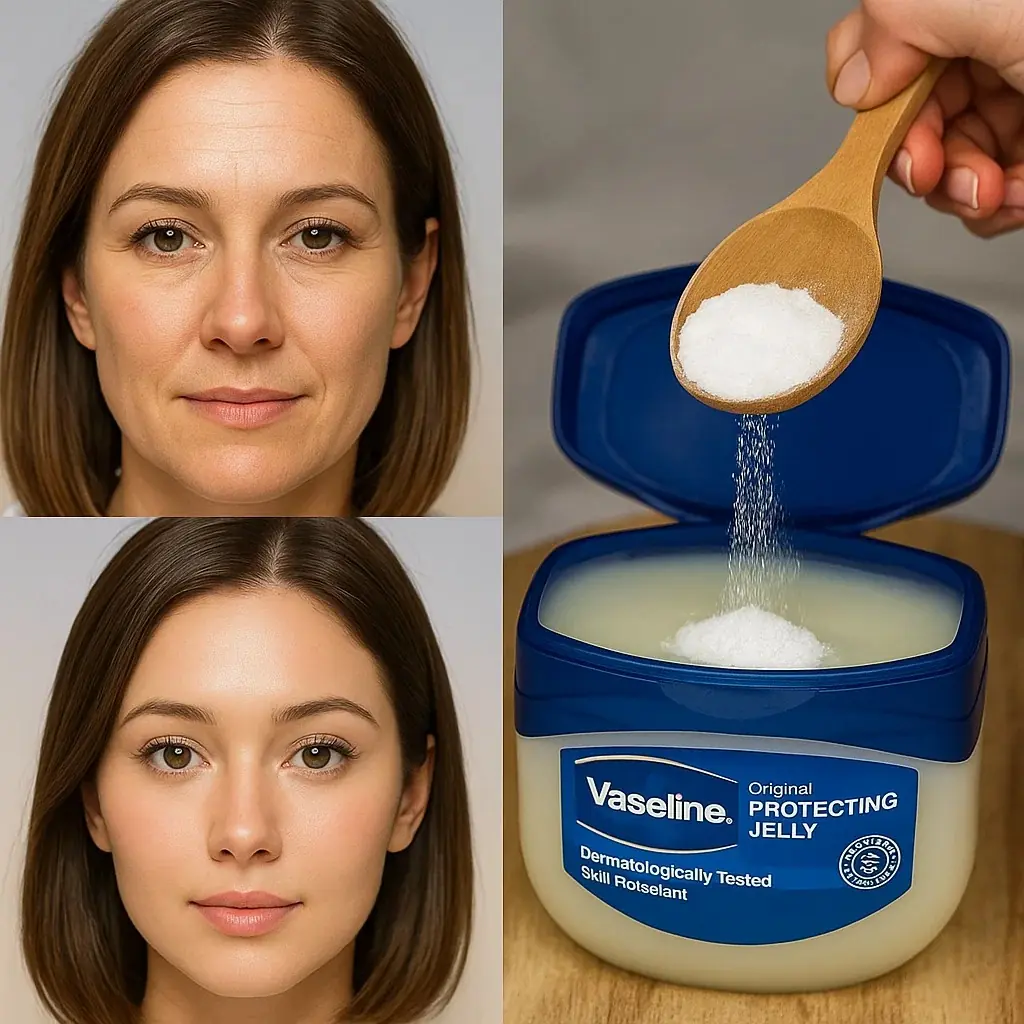
The DIY Vaseline and baking soda treatment offers a simple, natural, and budget-friendly solution that works wonders for the skin.

Discover the heartwarming story behind a viral photo of 14-year-old Moises Sauseda shielding a soldier from rain at a Texas military funeral. His act of empathy and respect for a veteran's sacrifice touched hearts worldwide.

A real estate agent's compassion yields an unexpected reunion, teaching a profound lesson in kindness and second chances.

Discover the extraordinary story of Witold Pilecki, the Polish officer who infiltrated Auschwitz to build a resistance and expose the horrors of the Holocaust. His sacrifice and courage remain a symbol of resilience and humanity.

Discover the story of Paul Gauguin, the artist who left a successful career behind to pursue his passion for painting. His bold, unrecognized work paved the way for modern art, influencing Picasso, Matisse, and others.

Discover the life and groundbreaking work of Gregor Mendel, the monk whose experiments with pea plants laid the foundation for modern genetics. His legacy, recognized posthumously, continues to impact biology today.